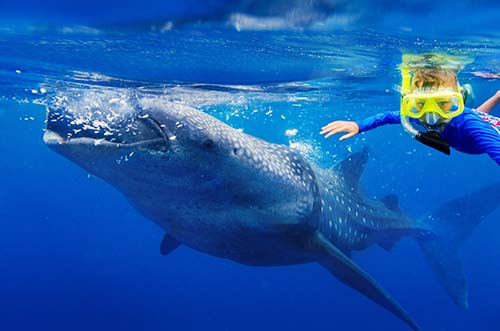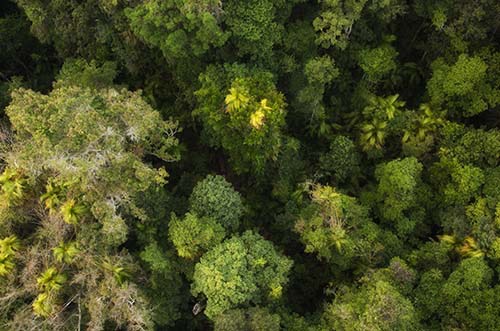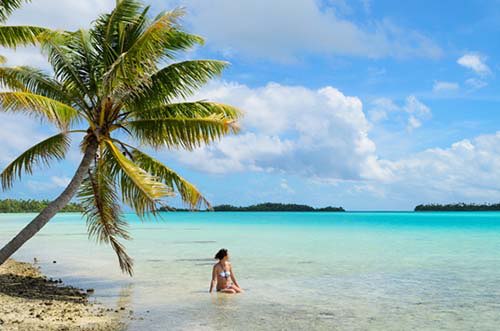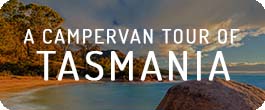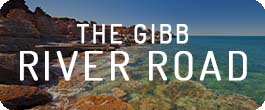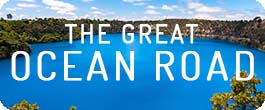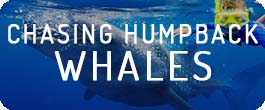Chasing Humpback Whales
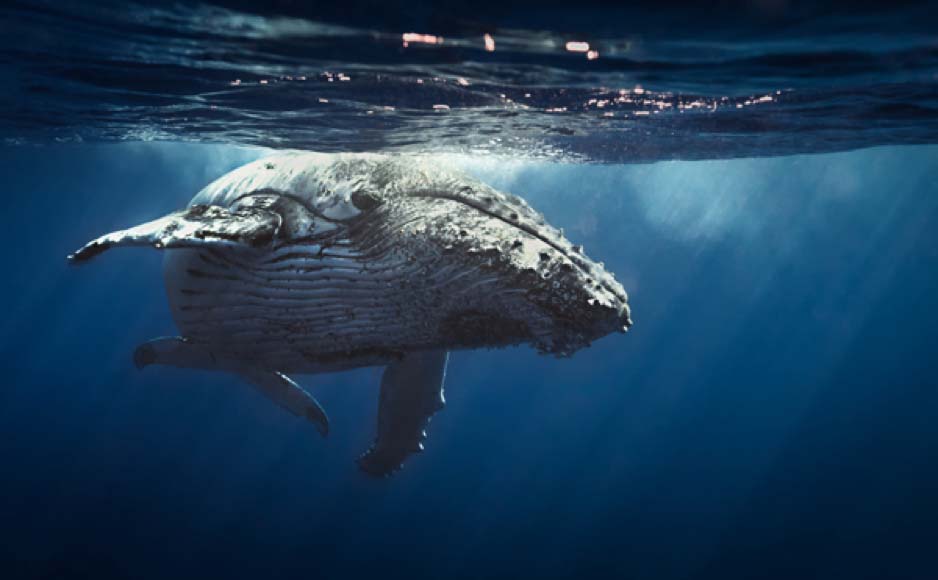
From mid winter to the start of summer every year, humpback whales make the 10,000km trip from the frozen waters of Antarctica to the warmer climates of northern Queensland. Over this time, the animals will mate, birth and begin to teach their young how to survive in the harsh climates of the deep south to which they will eventually return at the end of the season.
For those fortunate enough, it is possible to see these majestic giants in their natural habitat, with a number of hotspots along the Queensland coast providing the best vantage points to follow them on their northern migration.
If you've ever considered a trip down the Queensland coast, or are simply enthralled by the idea of seeing these creatures up close in real life, a campervan is the best travel option allowing flexibility and access to even the most remote areas of the region.
These five spots make up the key points of interest on an east coast road trip and are the best places to catch a glimpse of the humpbacks along their northern route.
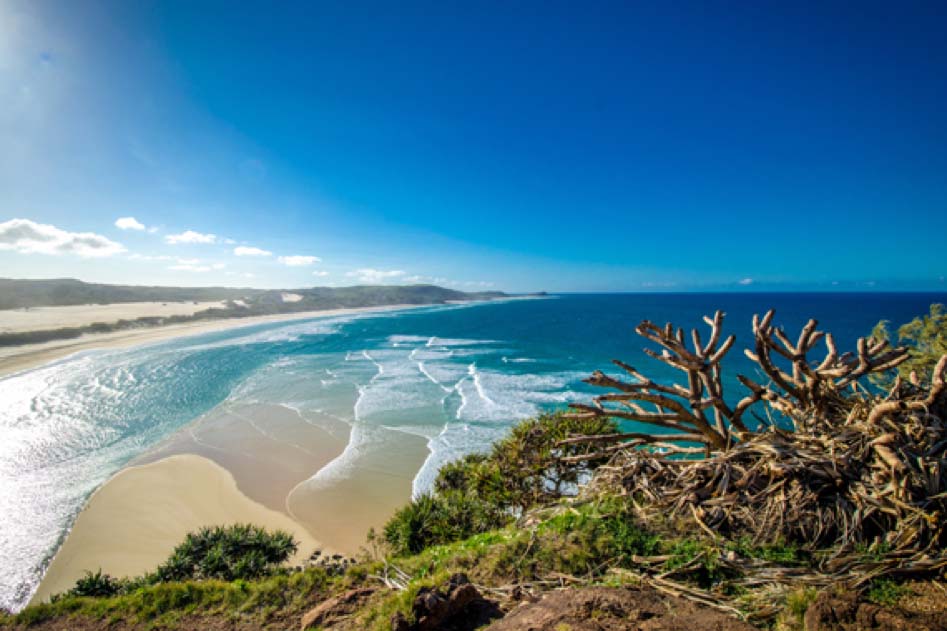
Hervey Bay
Undoubtedly the 'Holy Grail' of whale watching locations is Hervey Bay. Located halfway up the east coast of Queensland between Brisbane and the Whitsundays, it is the best spot to head to for guaranteed sightings and to catch a glimpse of mother humpbacks giving birth.
Up to 7000 humpbacks and their calves are known to visit these waters every year to rest and play in the calm, warm waters of the bay. Much to the joy of onlookers and local enthusiasts, the whales love attention and are more than willing to pose and frolick for the camera!
If a photo tour isn't quite enough for you, some companies organise charters that allow you to actually swim with the whales - a sublime and memorable experience to be sure.
Best Time to visit - August - October
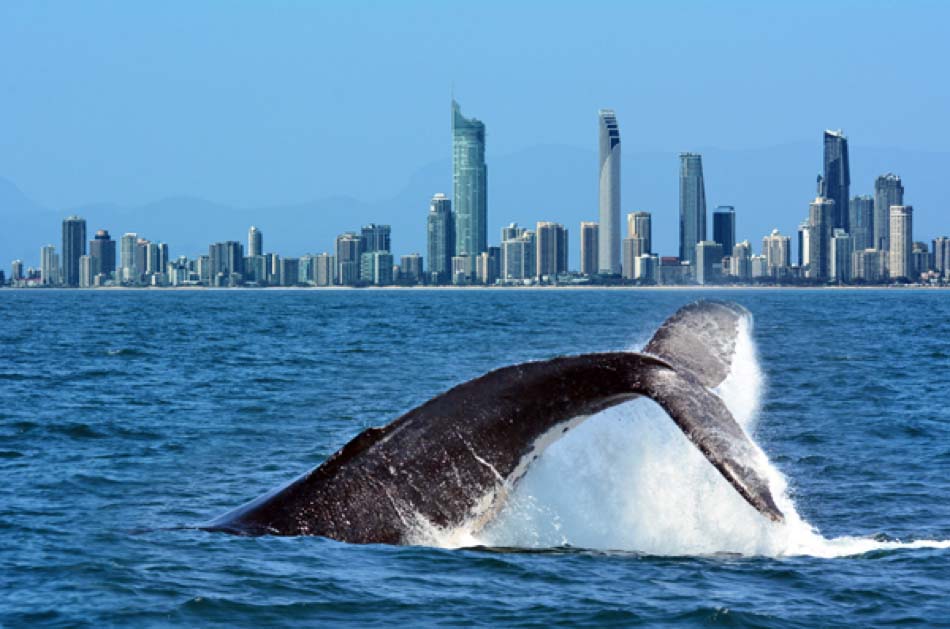
The Gold Coast
The start of the humpback's migration route in Queensland and the southern tip of the state, the Gold Coast is a prime location for viewing the whales as they enter the region and return south again with their newly born calves.
Viewing here is popular and it is recommended that you take a chartered tour to get as close as possible to the whales. However a tour of Q1's Skypoint Tower will grant you an amazing view that little else in the area can compete with.
Best Time to visit - August - September
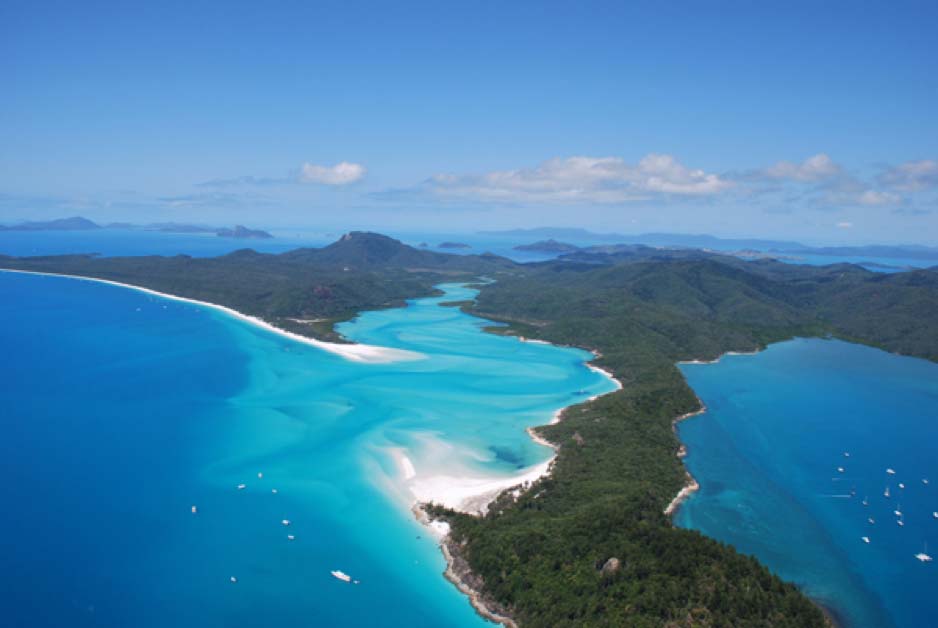
Whitsundays
The idyllic and serene backdrop of the Whitsundays makes for one of the best and most picturesque locations to view humpback whales as they near the northern tip of their migration.
Located a few hours north from Hervey Bay, the blue waters, sandy beaches and mind-boggling colours of the Great Barrier Reef provide a playground for the frolicking humpbacks to relax and enjoy the warm tropical climate.
Best enjoyed as a sailing experience over a couple of days, charters leave regularly from Airlie Beach where visitors can take in the best north Queensland has to offer.
Best Time to visit - August - September
The surrounding rainforests, beaches and other attractions are easily accessed via vehicle rental from Cairns.
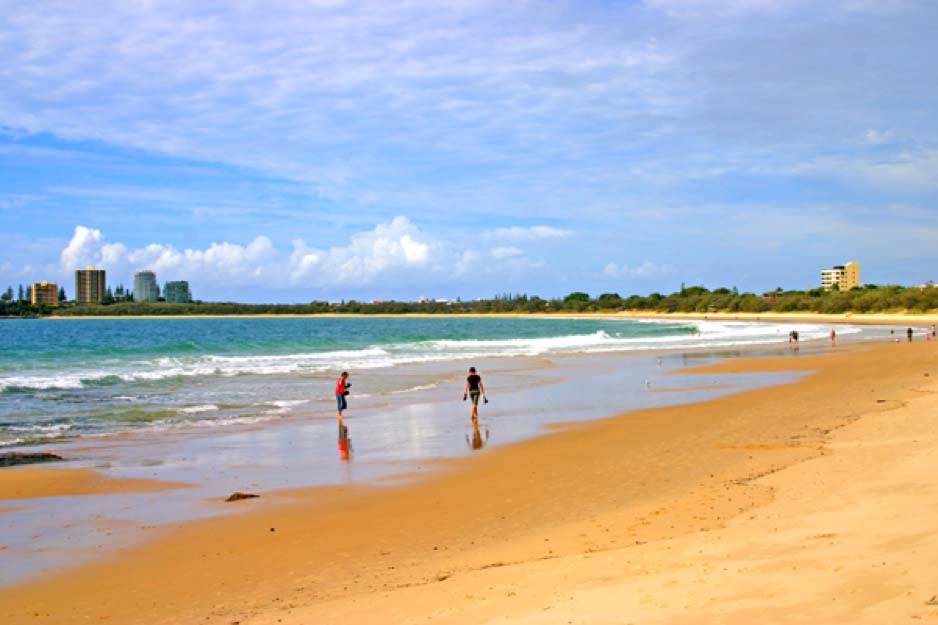
Sunshine Coast
Only an hour’s drive from Brisbane with beautiful scenery and relaxing vibes is the Sunshine Coast. A location with great landscapes and a thriving local culture, visitors can catch the humpbacks from one of the many lookout points (Mt Coolum being the most popular) and embark on photo and swimming tours from the dock at Mooloolaba.
Best Time to visit - October
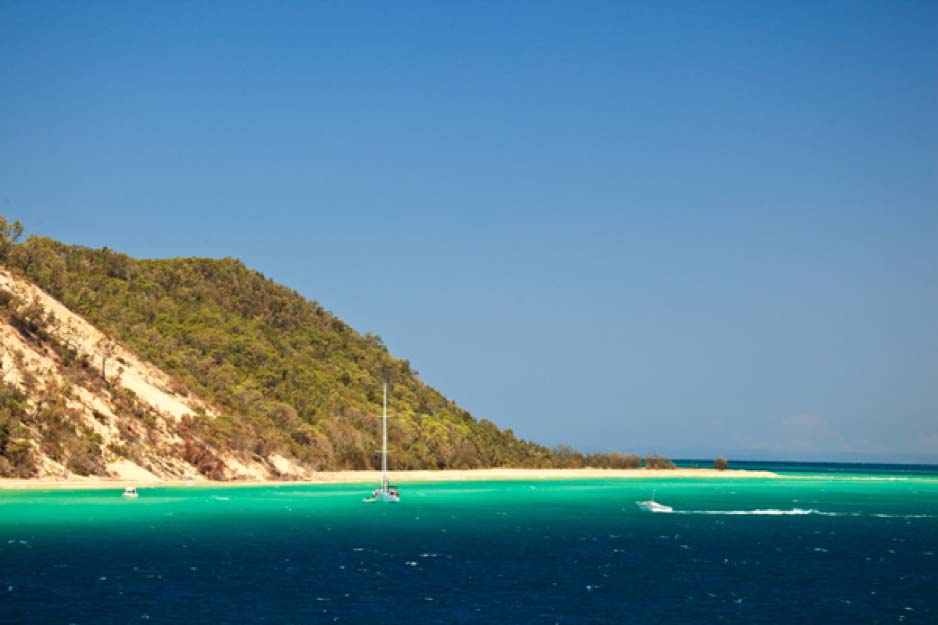
Brisbane
The whale’s first stop north when leaving the Gold Coast is the warm estuarial waters of Moreton Bay Marine Park, just outside of Brisbane. A natural passage between the mainland and the islands surrounding the area creates a thoroughfare that the humpbacks can be seen passing through for a few weeks in the late spring to early summer period.
Whale watching is best from the surrounding islands of North Stradbroke and Cape Moreton with Point Lookout on the mainland offering the best panoramic views of the bay area and surrounding waters.
Best Time to visit - September - November

